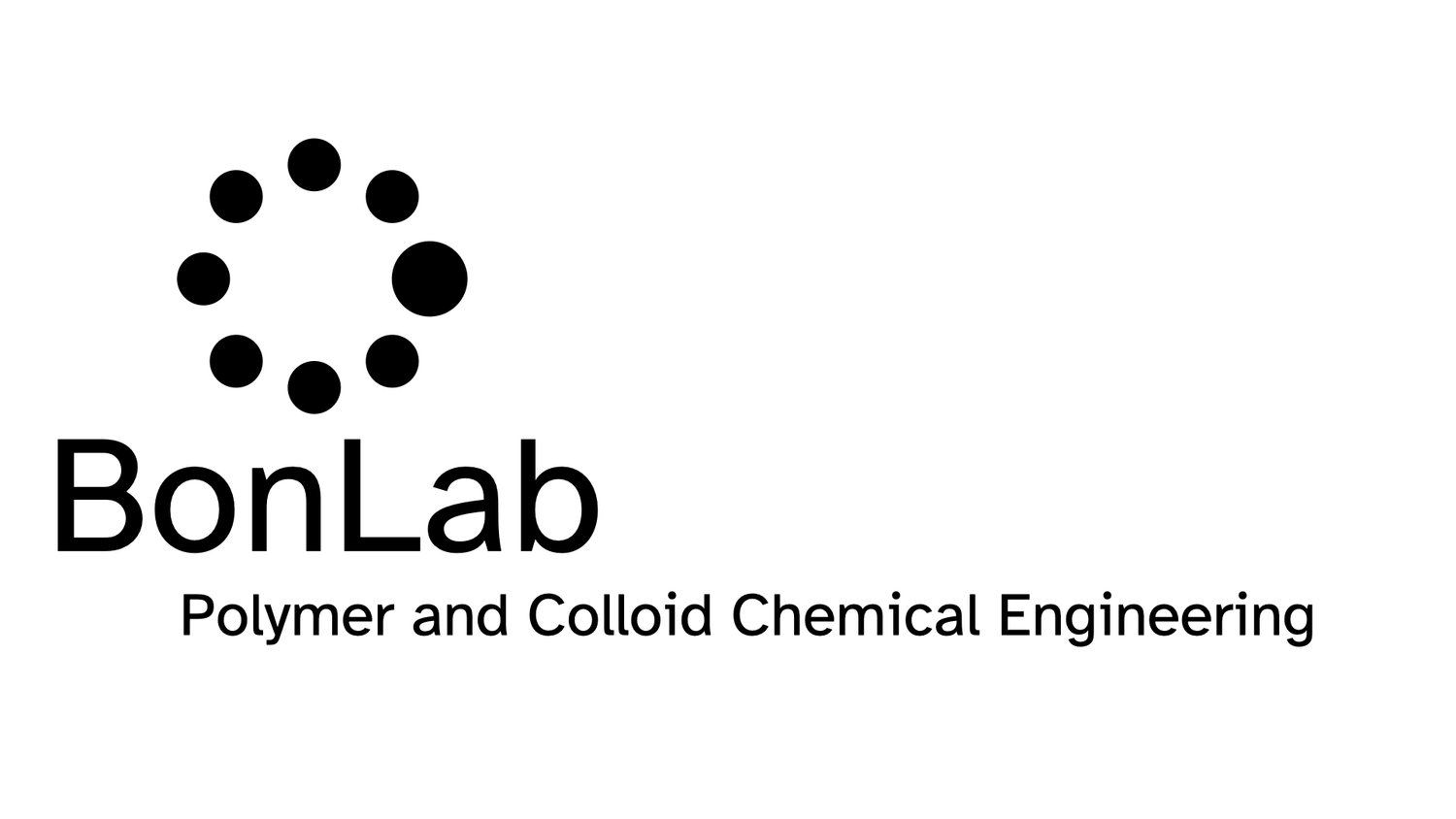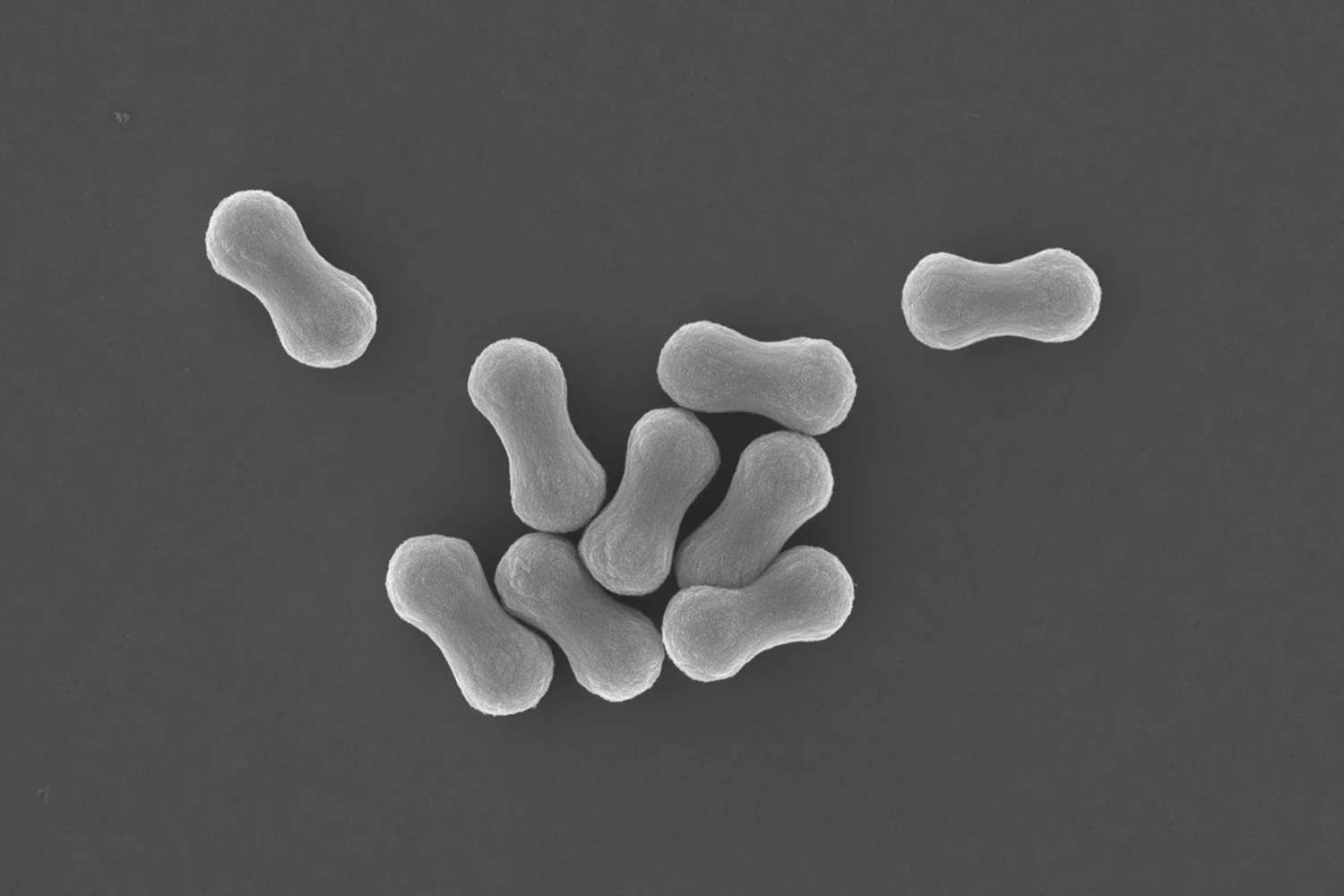The BonLab team has recently won a number of awards and prizes in recognition for their innovative research in the field of polymer colloid science.
In April 2019 at the RSC/SCI Rideal Lecture in honour of prof. Peter Lovell Sam Wilson Whitford won the RSC Soft Matter poster prize for his work on microcapsules based on supramolecular waxes. At the same meeting Matt Donald won the RSC Polymer Chemistry poster prize for his work on the mechanistic aspects of vinyl acetate emulsion polymerization.
In May 2019 Wai Hin Lee was awarded a prestigious Warwick International Chancellor’s Scholarship to continue his PhD in complex 2D colloidal materials. Brooke Longbottom was awarded a Warwick University faculty of science PhD thesis prize for his outstanding contributions to the field of “active” colloidal particles.
In June 2019 Andrea Lotierzo was awarded best PhD student presentation at the International Polymer Colloids Group Conference in Singapore, for his work on the synthesis of Janus, patchy and armored latex particles.
Prof.dr.ir. Stefan Bon, leader of the BonLab, says: “ I am delighted with our recent awards and prizes and I am proud of the achievements of Sam, Matt, Wai, Brooke and Andrea. They all have worked tremendously hard with dedication and enthusiasm and all are the reason why BonLab continues to innovate in science”


